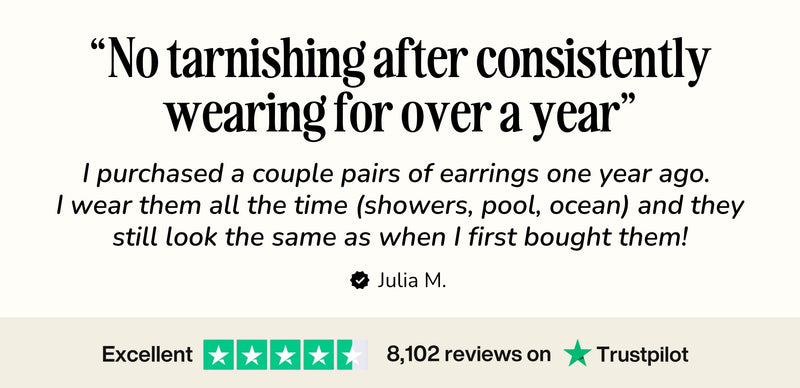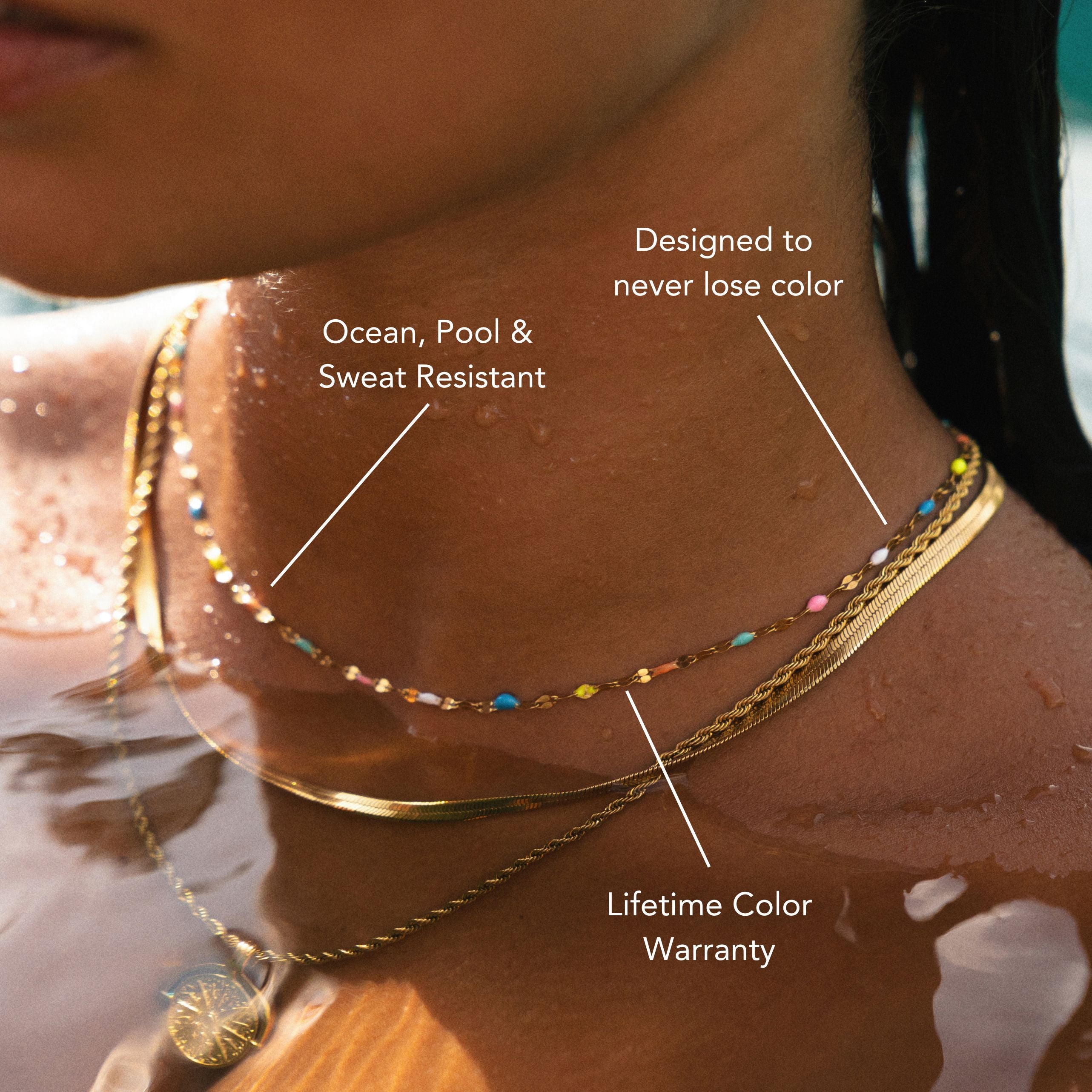10 Interesting Facts about the Atlantic Ocean
The Atlantic Ocean is the second-largest ocean in the world. Next to the Pacific Ocean, there are five known oceans in the world, and it is followed up by the Indian, Arctic, and the recently included Antarctic oceans.
There are plenty of interesting things about each body of water, but for now, let's talk more about the Atlantic. Are you as interested in getting to know more about this ocean? If so, look no further as we will list ten interesting facts about the Atlantic Ocean that should surprise you! So, what are you waiting for? Read further down below!
Ten Interesting Facts about the Atlantic Ocean
While there can be hundreds or even thousands of interesting facts about the Atlantic Ocean, we've laid it down to ten, so you don't get overwhelmed with information overload. Without further ado, here are some facts about the Atlantic Ocean you need to know!
1. Atlantic Is the Saltiest
Among the five oceans in the world, the Atlantic is by far the saltiest of them all. However, it varies between seasons and latitude, which means saltier waters are found in the northern latitude and the southern part of the tropical. If you want to find the lowest salinity in the Atlantic, you can find it north of the equator. In contrast, rainfall is relatively low, and evaporation is extremely high.
2. Atlantikos
The word Atlantic comes from Greek mythology background. Atlantic was named after the Titan' Atlantikos' who ruled the seas and subsequently lost its war against the Olympian Gods. As a result of their defeat, he was punished by Zeus – the God of the Sky. The word 'Atlantikos' was first mentioned around 600 BC and used by the famous Greek poet Stesichorus.
3. The Atlantic Ocean's Diversity is Unparalleled
The Atlantic Ocean has a very diverse set of marine life, and it also includes species that are vulnerable and endangered. Species known to be traversing through the Atlantic Ocean are humpback whales, manatees, albatrosses, green sea turtles, dolphins, sea lions, and many more! While it is home to thousands of species, the population are slowly declining over the years because of global warming, industrial pollution, overfishing, bycatching, and exploitation.
4. The Resting Place of Titanic
Titanic was thought to be unsinkable until the unthinkable happened. While traversing through the Atlantic Ocean, the RSM Titanic sideswiped a huge North Atlantic Iceberg, damaging parts of its six watertight compartments. As a result, lots of lives were lost on that eventful night of around 1,500. As a result, maritime regulations were prioritized to provide better safety and protection in the maritime industry.
5. Second in Size
The Atlantic Ocean comes in second for being the largest ocean in the world, and it covers around 16% to 25% of the Earth's surface. In addition, it is easily distinguishable from the other bodies of water as it separates the North and South American continents from the continents of Africa and Europe.
The Atlantic is so huge that it is split into half, the North Atlantic and the South Atlantic. The water on the Northern Atlantic is relatively saltier and warmer, whereas the South Atlantic is a lot denser and colder.
6. First Ocean to be crossed by a Plane
The Atlantic Ocean was the first-ever ocean to be crossed by a plane. It happened in 1919, wherein three U.S. Navy Flying Boats embarked on a journey from Rockaway Beach in New York and a route leading to Nova Scotia, Newfoundland, and the Azores, into Lisbon, Portugal; and finally, the town of Plymouth in England.
Of the three navies flying boats, only one of them completed the journey, making it the first ocean to be crossed by a plane. In addition, Emilia Earhart was the first female to cross the Atlantic with a plane. She did it twice! The first was with fellow pilots Louis Gordon and Wilmer Stultz in 1928. She crossed the Atlantic Ocean again in 1932. This time, she went solo.
7. Home of the Bermuda Triangle
There are a lot of urban legends surrounding the Bermuda triangle as dozens of ships and aircraft have gone missing in this area. Unfortunately, the Bermuda Triangle lies within the North Atlantic Ocean. The Bermuda Triangle goes from the shores of Miami, San Juan in Puerto Rico, and Bermuda. While it may be infamous for ships and aircraft mysteriously missing, it is one of the busiest shipping lanes in the world.
8. Estimated to be around 150 Million years old
During the first years of the Earth, the world was only made up of one large landmass, and it was called Pangaea. Over a hundred million years as it started to split up, the Atlantic Ocean was born as the Western and Eastern landmasses drifted apart. As a result, it opened up the Atlantic Basin and was slowly filling up with water in a hundred million years.
9. Hurricanes
Hurricanes are often formed in the Atlantic, specifically in the areas near the Caribbean Sea and on the coast of Africa. They are often formed during the months between August and November. Hurricanes are formed in any part of the Atlantic, especially in the tropical central Atlantic and Caribbean regions. While they usually travel westward, they recurve and will mostly hit the coastal areas of North America.
10. Maritime Pollution
As we've mentioned, the Atlantic Ocean is one of the world's most important bodies of water as it constitutes most maritime routes. As a result, it has been greatly affected by oil spills, waste materials, wreckage, and sewage water from large ships. While various treaties have protected it, there are still circumstances that aren't controllable, which greatly affects its diverse marine life. That is also home to some of the world's endangered species.
Wrapping Things Up
Atlantic is an important body of water like most of its counterparts are. They have been home to some of the most diverse species in the world and are also an important waterway providing millions of jobs worldwide.
While it has been greatly affected by climate change and industrial pollution, it is never too late to put an end to this problem for us to save this body of water. Fortunately, many organizations are paving the way to reduce the factors that limit the progress of this beautiful ocean. It is home to thousands of species, and it is only a fraction of why we should protect it.
Did you know that when you wear our wave-inspired jewelry, you are also protecting the Ocean and the marine life?
Because we care so deeply about the oceans, beaches, and, most importantly, marine life, we donate a portion of our profits each month from your purchase of our wave-inspired jewelry to non-profit environmental organizations dedicated to preserving and protecting the ocean, beaches, and waves.
So dive into our collection of beautiful wavejewelry now and show your love to the Ocean everywhere you go!




















Leave a comment
This site is protected by hCaptcha and the hCaptcha Privacy Policy and Terms of Service apply.